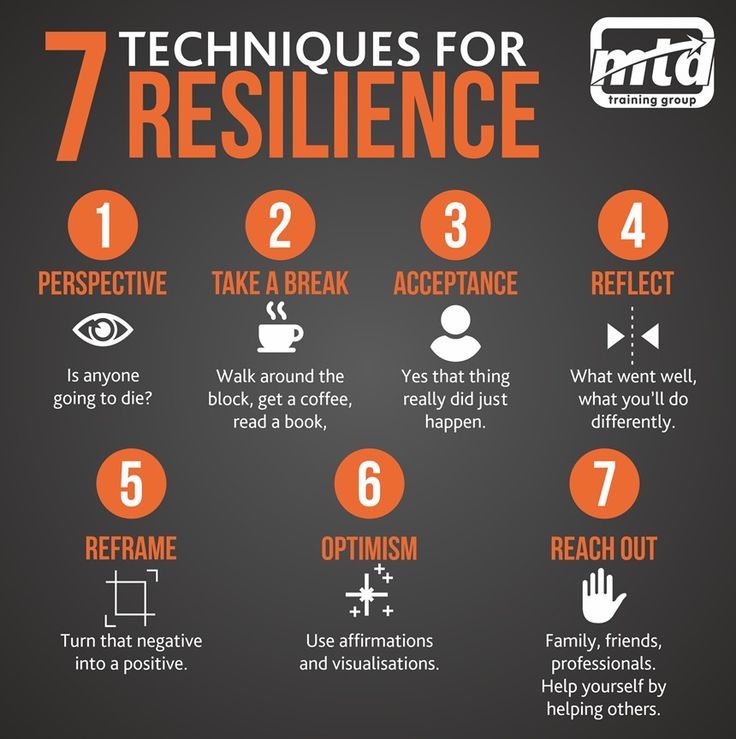When it comes to strength training, physical strength is often the main focus. However, mental resilience plays a crucial role in achieving success in any endeavor, and strength training is no exception. Developing mental resilience not only helps you push through tough workouts but also enhances your ability to overcome challenges and setbacks. In this article, we will explore effective strategies to cultivate mental resilience in the context of strength training.
The Power of Goal Setting
Setting clear goals is the first step towards developing mental resilience. When you have a specific objective in mind, you can work towards it with focus and determination. Start by setting long-term goals, such as increasing your bench press or completing a certain number of pull-ups. Break these goals down into smaller, achievable targets that can be measured and tracked. Regular progress towards these goals will boost your confidence and motivation.
Embracing a Growth Mindset
Having a growth mindset is essential for building mental resilience. Understand that setbacks and failures are not permanent. Instead, they are opportunities for learning and growth. Embrace challenges as chances to improve rather than obstacles to success. When faced with difficulties, remind yourself that you can overcome them by developing new skills and strategies. By adopting a growth mindset, you will stay determined and focused on your strength training journey.
Visualization and Positive Self-Talk
Visualization is a powerful tool to enhance mental resilience. Before each workout, spend a few minutes imagining yourself successfully completing each exercise. Visualize yourself pushing through challenging sets with ease and maintaining perfect form. This mental rehearsal helps alleviate anxiety and builds confidence. Additionally, practice positive self-talk during training. Instead of dwelling on negative thoughts and doubts, consciously replace them with encouraging and empowering statements. This will strengthen your mental resilience and boost your overall performance.
Developing Resilience Through Breath Control
One effective technique to develop mental resilience during strength training is breath control. Focus on your breath during challenging sets, using it as an anchor to stay present and focused. Deep, controlled breaths provide oxygen to your muscles and help regulate your heart rate. By consciously paying attention to your breath, you can remain calm and composed, even when facing strenuous workouts. Breath control is a valuable skill that enhances mental resilience and promotes optimal performance.
Building a Supportive Network
Building a strong support network is crucial for developing mental resilience. Surround yourself with like-minded individuals who share your passion for strength training. Engage in discussions, join online communities, or find a training partner who can provide encouragement and constructive feedback. Sharing your challenges, successes, and progress with others fosters a sense of belonging and motivation. The support of a community can greatly contribute to your mental resilience, helping you push through tough times and celebrate victories together.
Practicing Mindfulness
Mindfulness is a practice that cultivates mental resilience by increasing self-awareness and the ability to stay present. During strength training sessions, pay close attention to your body, thoughts, and emotions. Tune into the physical sensations of each rep and the muscles being engaged. Notice any distracting thoughts or self-limiting beliefs that arise and gently let them go. Mindfulness allows you to stay focused, reduce stress, and remain resilient when faced with challenges. Regular practice can greatly enhance your mental fortitude in strength training and other aspects of life.
Celebrating Small Wins
Finally, celebrate every small win along your strength training journey. Acknowledge and appreciate the progress you make, no matter how small it may seem. Pat yourself on the back for completing that extra rep or reaching a new personal best. By celebrating these victories, you reinforce positive habits and ignite a sense of accomplishment. This positive mindset and attitude fuel your mental resilience, making you more determined to keep pushing forward.
In conclusion, developing mental resilience is as important as physical training when it comes to strength training. By setting clear goals, embracing a growth mindset, visualizing success, controlling your breath, building a support network, practicing mindfulness, and celebrating small wins, you can cultivate the mental fortitude necessary to overcome challenges and reach your fitness goals. Remember, a strong mind is the foundation for a strong body!

